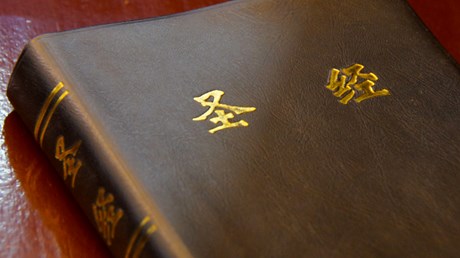Journalist Ian Johnson sees faith on the rise where it was once ruthlessly suppressed.

Under Mao Zedong’s dictatorship, Christianity, Buddhism, and Taoism suffered persecution and near-extinction. In recent decades, however, they have each made an astounding comeback. In The Souls of China: The Return of Religion After Mao, Ian Johnson, a Pulitzer Prize–winning author who has covered China for The Wall Street Journal, The New Yorker, and other publications, offers an intimate look at this remarkable recovery. CT editor at large Rob Moll spoke with Johnson about the reasons for spiritual ferment among the Chinese people.
What spurred your interest in China’s religious resurgence?
When I first went to China in the 1980s, I thought there was probably no religious belief at all. The Cultural Revolution had ended just eight years before, and there were almost no churches, temples, or mosques open. It seemed like religion had just been wiped out. In retrospect, this was completely wrong. The public practice of religion had been wiped out, but for many religions, the first 30 years of Communist rule were almost like a crucible. And this was especially true for Protestantism. Religious life was forced underground, and then it grew. And when the Cultural Revolution ended, it just took off. That became clearer when I came back to China in the 1990s.
If you want to understand China, it’s not enough just to understand the political and economic system or the foreign policy. All of these are important, but you also need to look at the inner life of the country. And the more time I spent there, the more I could see the vital importance of religion for the Chinese people. Many people sensed a spiritual vacuum and a confusion about what their society stands for morally—and they turned to religion …
Source: Christianity Today Most Read